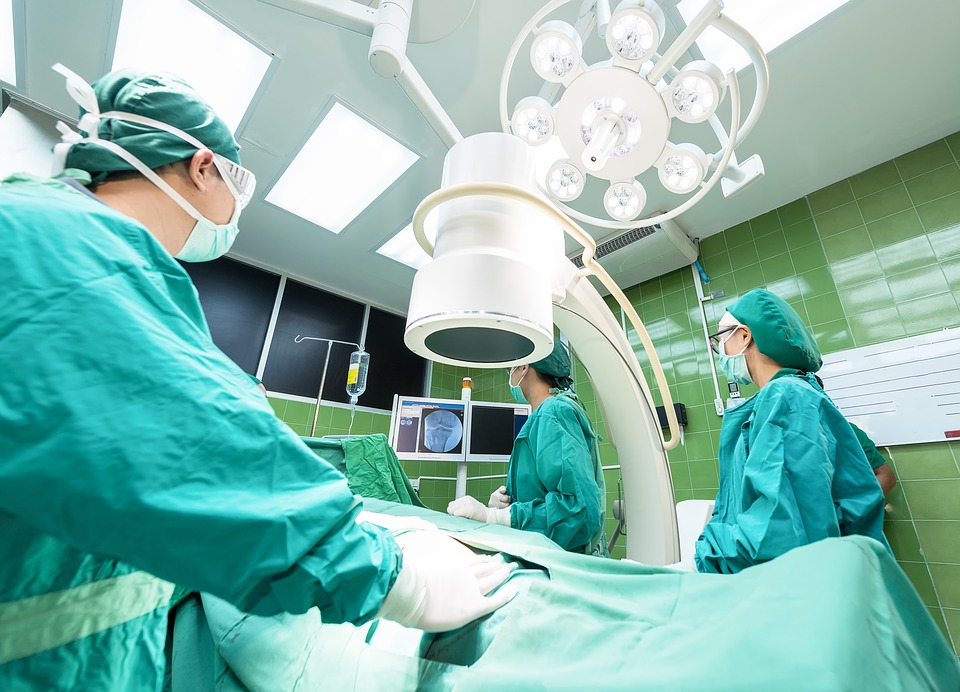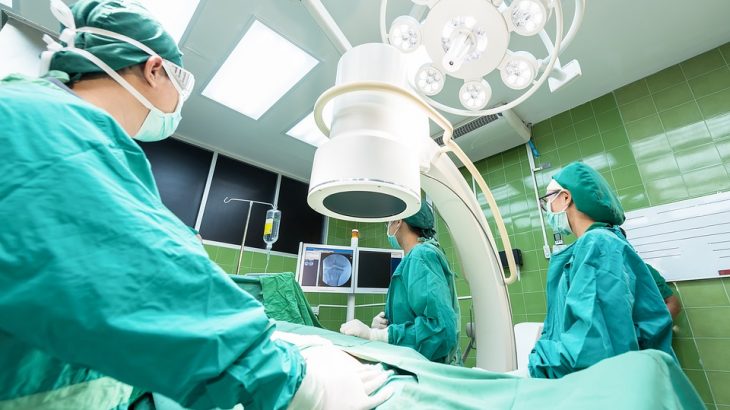These are exciting times in which we live, with the introduction of life-saving technology aiming to change the way we heal and remain healthy. There have been numerous advancements in the last decade which have set the foundations for a technology-led health service that will evolve into solutions akin to miracles. Read on to discover what the future holds for health thanks to a technology explosion.

Mobile therapy
Therapy via technology has already been introduced with millions of people benefitting from the versatility of mobile technology. Waiting lists are reduced as patients can receive therapy and treatment via facetime and Skype, and people can attend virtual therapy sessions without unduly interrupting their lives. It will be interesting to see how mobile therapy develops further and what other types of mobile devices will be used in the future to assist with mental health.
3D printing technology
The potential of 3D printing in the world of health is astounding. Already research is taking place into the development of prosthetics, human tissue, and patient-based surgical models using 3D printing technology. The most exciting prospect is of being able to print human tissue structures that could eradicate the need for human organ transplantation, meaning that some procedures can take place without a patient needing to wait for a suitable donor. Before you start looking for the Best Budget 3D Printer to perform your own medical experiments, remember this is one of the technological advancements that is in its infancy.
Pharmacogenomics/genome sequencing
The future of medicine could concentrate on prevention rather than just the cure. Pharmacogenomics can help to determine which drugs are suitable for a particular patient, and which are going to have adverse results, or slow down the progress of rehabilitation. Pharmacogenomics could save time, and also prevent further illnesses and fatalities caused by the wrong medicines being administered. Processes could also predict if a person will develop a disease based on genetic investigations.
Remote monitoring
Rather than attend multiple hospital appointments, be monitored in your own home, and alerted and treated as soon as there are any problems. The future of remote monitoring could be compared to having your home security managed by an outside company that alerts you when something is amiss at your home. You, as the patient, can go about your day, knowing that your health is being monitored and you will therefore not need to waste time visiting your doctor, or going into hospital unnecessarily.
In-hospital tracking devices
When a health professional cannot locate a vital piece of equipment or a much-needed member of staff, patients’ lives are put in danger. Tracking devices can be used to maintain vital organisation in the hospital setting and to reduce time wastage, and to increase efficiency. This can be critical when there are last-minute changes to schedules, or emergency operations and procedures to be carried out.
There are many cutting-edge developments already in use today, and it is, therefore, wonderful to think that there will be even more advancements to come.






